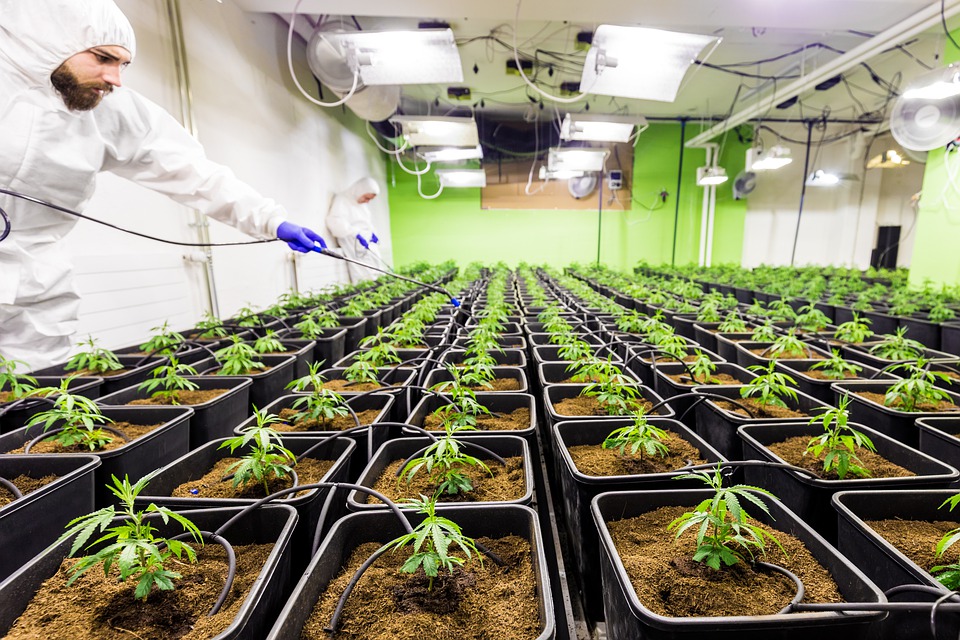THCA, or tetrahydrocannabinolic acid, is the precursor to THC (tetrahydrocannabinol) found in cannabis plants. When THCA is heated, it undergoes decarboxylation and converts into THC, the psychoactive compound responsible for the “high” associated with marijuana use. THCA vapes have gained popularity among cannabis enthusiasts for their potential health benefits and unique effects. In this article, we will explore the science behind THCA vapes and their effects on the body.
What is THCA?
THCA is a non-intoxicating compound found in raw cannabis plants. It has anti-inflammatory, neuroprotective, and anti-proliferative properties, making it a promising therapeutic option for various health conditions. When cannabis is heated, either through smoking, vaping, or cooking, THCA decarboxylates and turns into THC. This process activates the psychoactive effects of THC, leading to the euphoric sensation commonly associated with marijuana use.
How Do THCA Vapes Work?
THCA vapes work by heating the cannabis concentrate containing THCA to a specific temperature, usually between 315-440°F, to trigger decarboxylation. The vapors produced are then inhaled, allowing for rapid absorption of THCA into the bloodstream. This method of consumption bypasses the digestive system, delivering a higher bioavailability of THCA and faster onset of effects compared to oral ingestion.
What are the Effects of THCA Vapes?
The effects of THCA vapes can vary depending on the individual’s tolerance, dosage, and consumption method. Some users report feeling relaxed, euphoric, and uplifted after vaping THCA, while others may experience increased focus, creativity, or pain relief. THCA’s anti-inflammatory and neuroprotective properties may provide relief for conditions such as arthritis, multiple sclerosis, and epilepsy.
Are THCA Vapes Safe?
While THCA vapes are generally considered safe for most users, it is important to be mindful of the potential risks associated with vaping, such as lung irritation, respiratory issues, and exposure to harmful chemicals. To minimize these risks, it is recommended to purchase high-quality vape products from reputable sources, avoid vaping at excessively high temperatures, and practice moderation in consumption.
Conclusion
THCA vapes offer a novel way to experience the therapeutic benefits of cannabis without the psychoactive effects of THC. By exploring the science behind THCA and its effects on the body, individuals can make informed decisions about incorporating THCA vapes into their wellness routine. As with any cannabis product, it is essential to consult with a healthcare provider before using THCA vapes, especially if you have pre-existing health conditions or are taking medication.
FAQs
Q: Can THCA vapes get you high?
A: THCA is non-intoxicating, so vaping THCA will not produce a “high” sensation. However, the decarboxylation process may convert THCA into THC, which can have psychoactive effects.
Q: Are THCA vapes legal?
A: The legal status of THCA vapes varies by jurisdiction. It is essential to check local regulations regarding cannabis products before purchasing or using THCA vapes.
Q: What are the potential benefits of THCA vapes?
A: THCA vapes may offer anti-inflammatory, neuroprotective, and analgesic effects, making them potentially beneficial for conditions such as chronic pain, inflammation, and neurodegenerative diseases.

